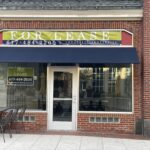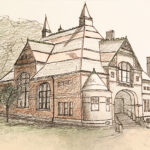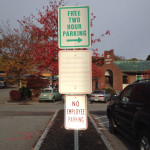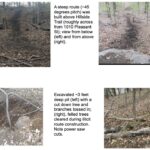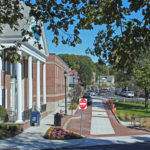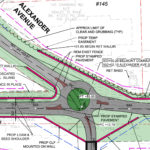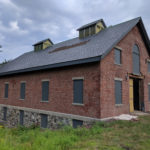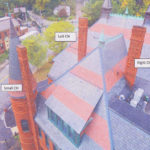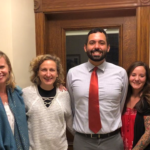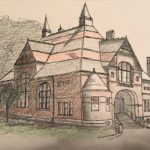
The stated goal of the Planning Board is to protect and preserve the character and the quality of life that defines Belmont (www.belmont-ma.gov/planning-board). Jeff Birenbaum is chair of the Belmont Planning Board. BCF How would you define Belmont’s character and quality of life, in a few sentences? Birenbaum Belmont, Massachusetts, is known for its great neighborhoods, excellent schools, vibrant community life, and keen sense of history. Its character and quality of life are shaped by its close-knit community feel. Residents value Belmont’s suburban charm, cultural diversity, recreational amenities access, and commitment to environmental sustainability. Preserving these aspects while responsibly managing [READ MORE]


